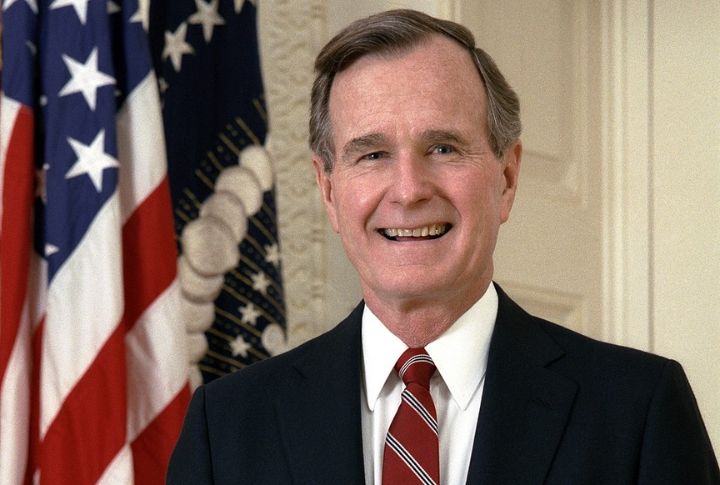
Many U.S. presidents have walked Ivy League halls, gaining more than just degrees. From Harvard to Princeton to Yale, these institutions shaped their ideals, sharpened their minds, and often forged connections that influenced the nation’s highest office. Here are ten such stories.
John Adams
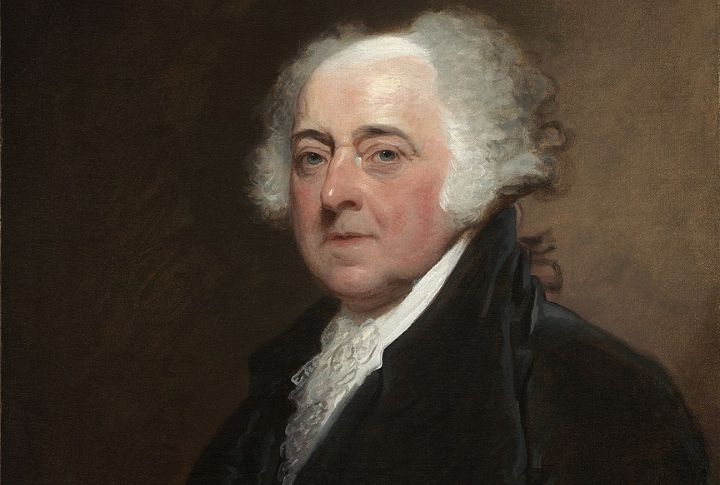
John Adams began his Harvard studies at just 16, graduating in 1755. That early success was no accident—he’d built discipline young, once walking seven miles to school. With no formal law schools available, he prepared for a legal career through years of focused, independent reading.
James Madison
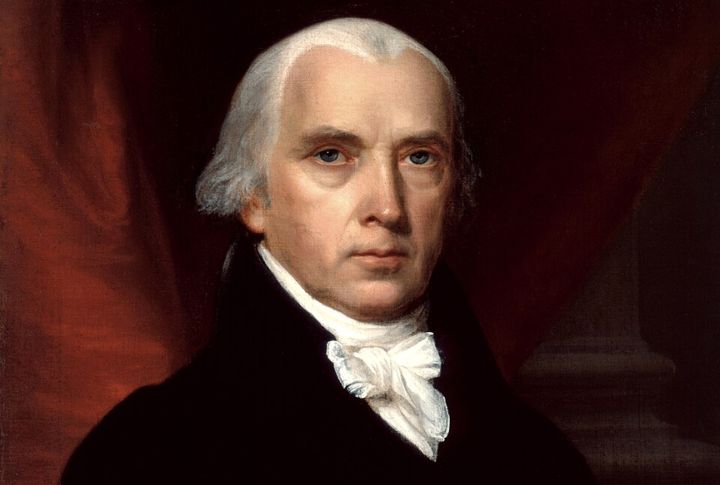
James Madison completed Princeton’s full undergraduate curriculum in just two years, graduating in 1771. Rather than leave, he stayed an extra year for advanced, informal study. Under John Witherspoon’s mentorship, he focused on philosophy, politics, and Hebrew, building the intellectual foundation that would later guide his role in shaping the republic.
John Quincy Adams
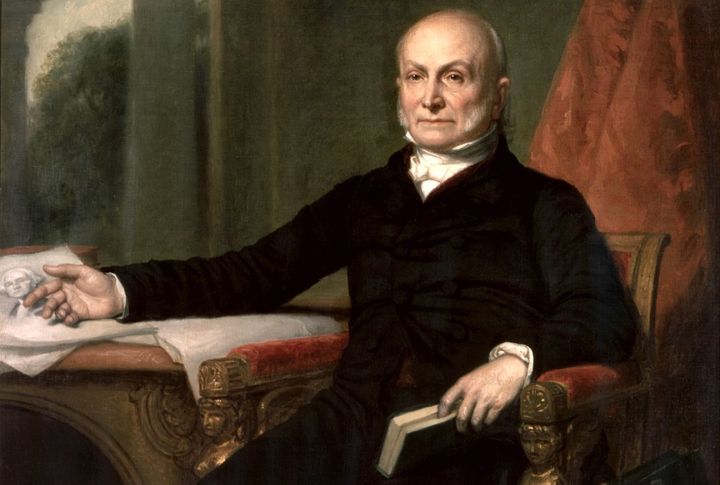
Adams’ diplomatic path began at 14 in Russia by assisting the envoy Francis Dana. By the age of 20, he held a Harvard A.B. and was fluent in five languages. These skills shaped his work across European embassies. Though later appointed a Harvard lecturer, he never took on an active teaching role while serving in Congress.
Rutherford B. Hayes
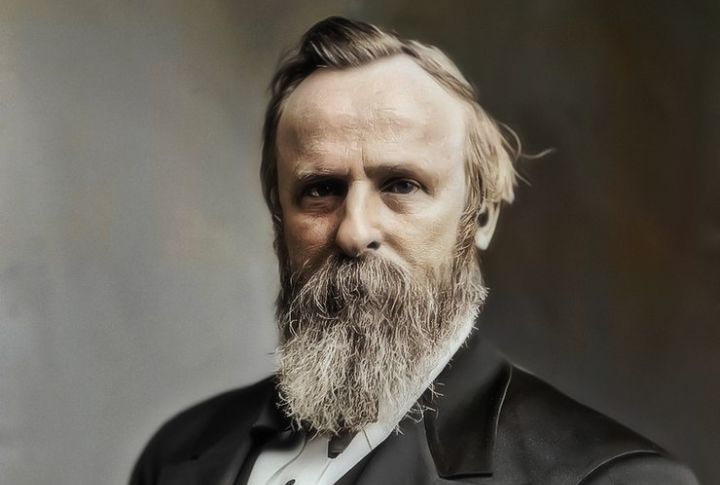
Hayes studied law at Harvard under Joseph Story, graduating in 1845, and built a legal career in Cincinnati. When the Civil War began, he joined the Union Army, earning promotions for valor. This wartime reputation even helped him launch his successful political rise to governor and then president.
George W. Bush
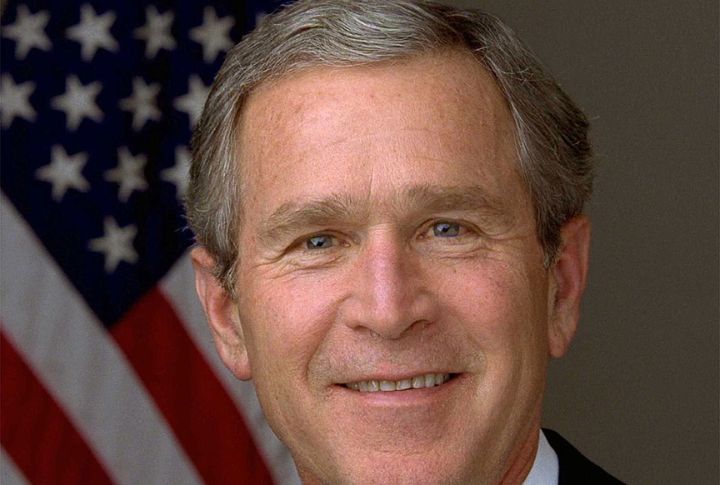
After studying history at Yale, Bush earned an MBA from Harvard, the only U.S. president to do so. He then co-owned the Rangers before his political career started in earnest. In office, he faced 9/11 head-on, launching sweeping changes in national security and America’s role on the global stage.
Theodore Roosevelt
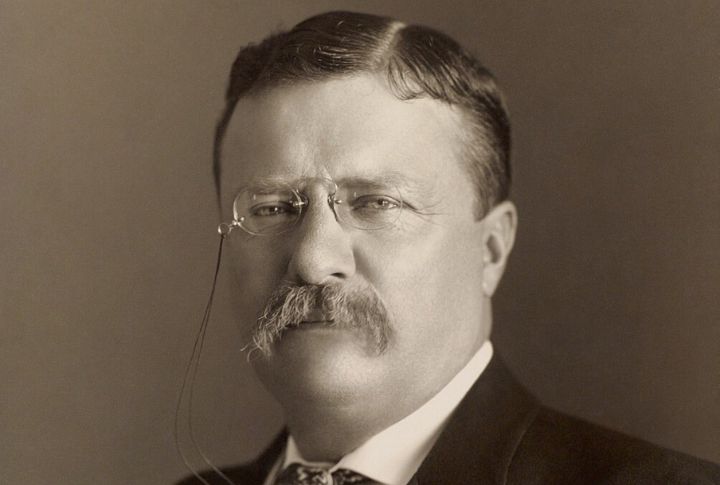
A Harvard student, Roosevelt studied history and wrote “The Naval War of 1812,” a book that historians still refer to. The academic focus on warfare was evident when he commanded the cavalry unit, the Rough Riders, in the Spanish-American War of 1898. Just three years later, in 1901, he became the nation’s youngest president.
Woodrow Wilson
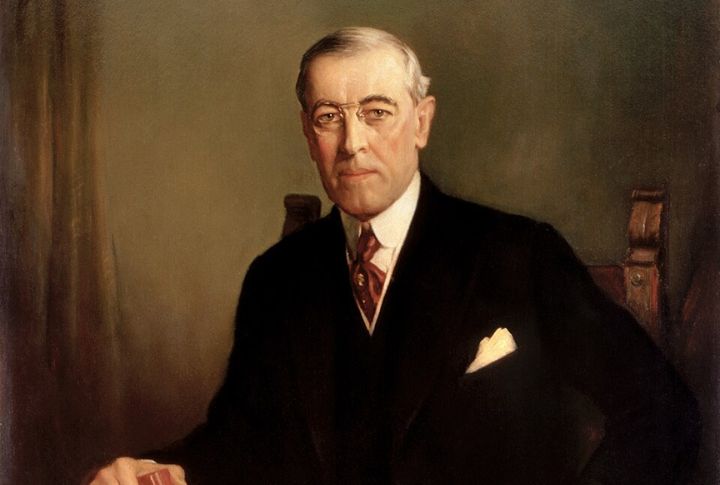
After graduating from Princeton in 1879, Wilson later became its president and reformed teaching with the preceptorial system. He valued structure and expertise, the academic principles he carried into politics. That mindset shaped his support for the 1913 Federal Reserve Act, which established a centralized banking system led by professionals rather than politicians.
John F. Kennedy
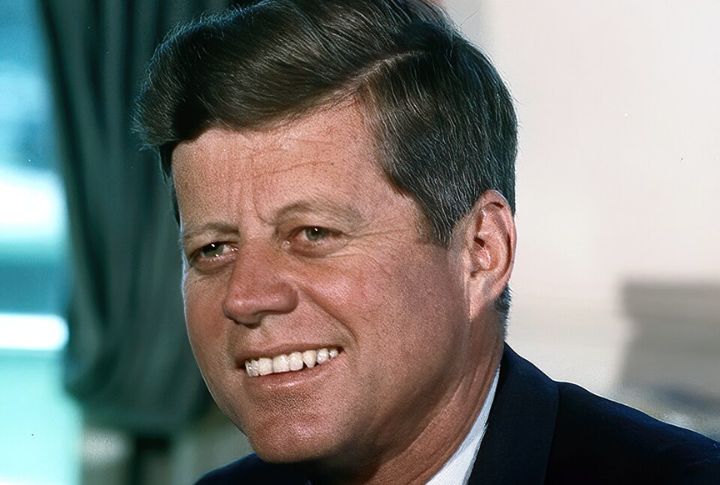
Turning his senior thesis at Harvard, “Why England Slept”, into a bestseller on appeasement, John F. Kennedy earned honors in international affairs in 1940. During his time at Harvard, he also focused on global diplomacy and leadership—interests that later shaped his foreign policy as president.
Franklin D. Roosevelt
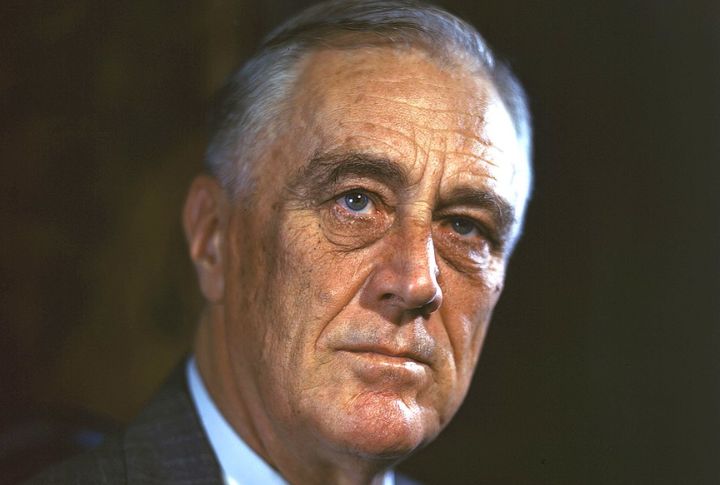
Earning a degree in history, Franklin D. Roosevelt graduated from Harvard in 1903, where he served as editor of the Harvard Crimson. He briefly attended Columbia Law School, but his true calling was politics. This led him to become the president in 1933 during the depths of the Great Depression.
Bill Clinton
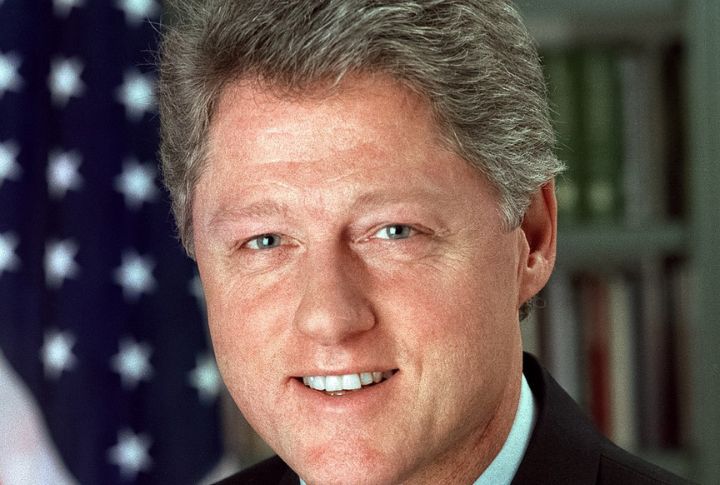
A Rhodes Scholar before arriving at Yale, Bill Clinton earned his law degree there in 1973. He met Hillary Rodham, his future wife and political partner on campus. Blending intellect with charm, he used sharp recall and persuasive ease to build a career in law, politics, and public life.

